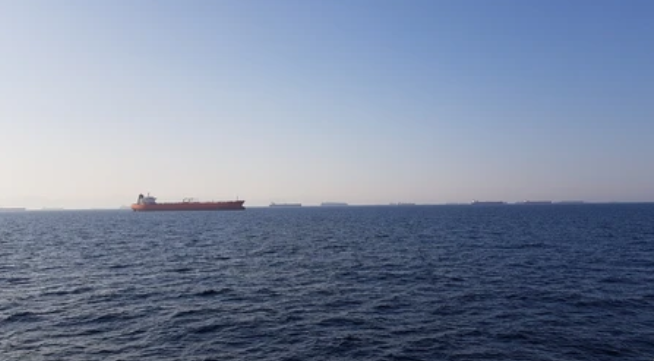Israel launched a blistering attack on Iran on Friday, targeting political and scientific officials and the country’s three critical nuclear facilities. The two countries have spent well over a decade trading military strikes, cyberattacks, and covert operations. As the conflict escalates, energy markets are concerned about a potential blockade of the Strait of Hormuz.
Read also: Container Shipping at Risk as Middle East Tensions Rise After Israeli Strikes on Iran
Iran could certainly upend global oil shipments and place pressure on the United States with a strategic blockade of the strait. The Strait of Hormuz connects the Persian Gulf to the Arabian Sea and sees roughly 20 million barrels of oil and oil products pass through it daily. There are several reasons, however, why interrupting nearly one-fifth of global oil shipments is unlikely to occur.
First, any action to block the strait would likely trigger further retaliation and could cause a spike in oil prices, initiating backlash from China, Iran’s largest oil customer. China purchases three-quarters of Iran’s oil exports and would exert significant economic influence to prevent any disruption.
Second, Iran has a history of threatening to close the Hormuz waterway, but has never taken action. The last major threat came in 2018 when the U.S. withdrew from nuclear negotiations and reimposed sanctions. Six years earlier, then-Vice President Mohammad-Reza Rahimi also warned of a potential closure in response to sanctions. Logistically, most of the Strait of Hormuz is located in Oman and is wide enough that a full closure would be nearly impossible. While vessels certainly pass through Iranian waters, alternative routes through Oman and the United Arab Emirates are available.
Lastly, the U.S. Fifth Fleet shares headquarters with the Naval Forces Central Command in Bahrain. The fleet oversees roughly 2.5 million square miles, which include the Red Sea, Persian Gulf, Arabian Sea, and segments of the Indian Ocean. It is unlikely that Iranian interference in the region would be unchallenged, although the regime could mine the strait or launch direct attacks on tankers.
Iran has options moving forward, but a blockade of the strait is not in the country’s interest.

